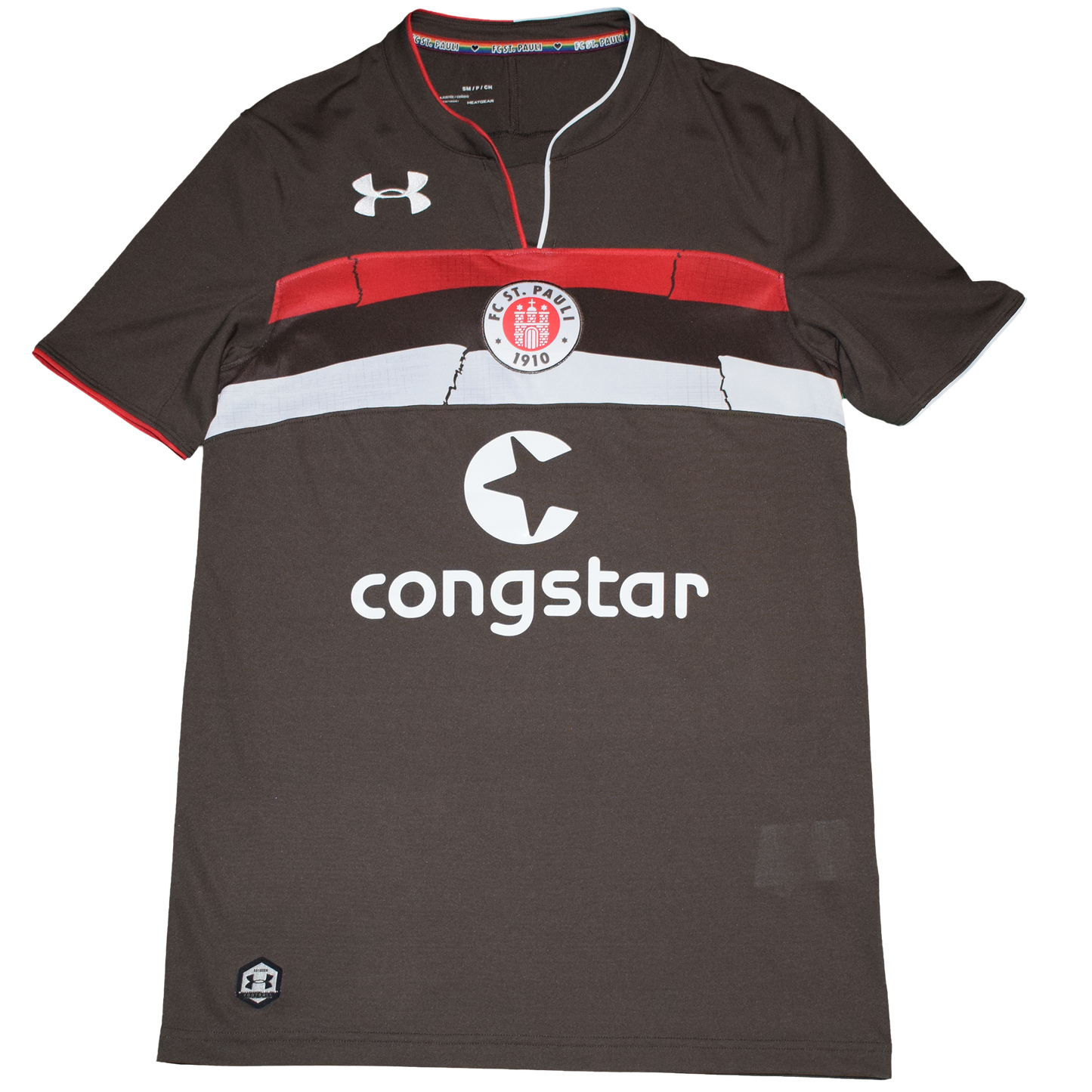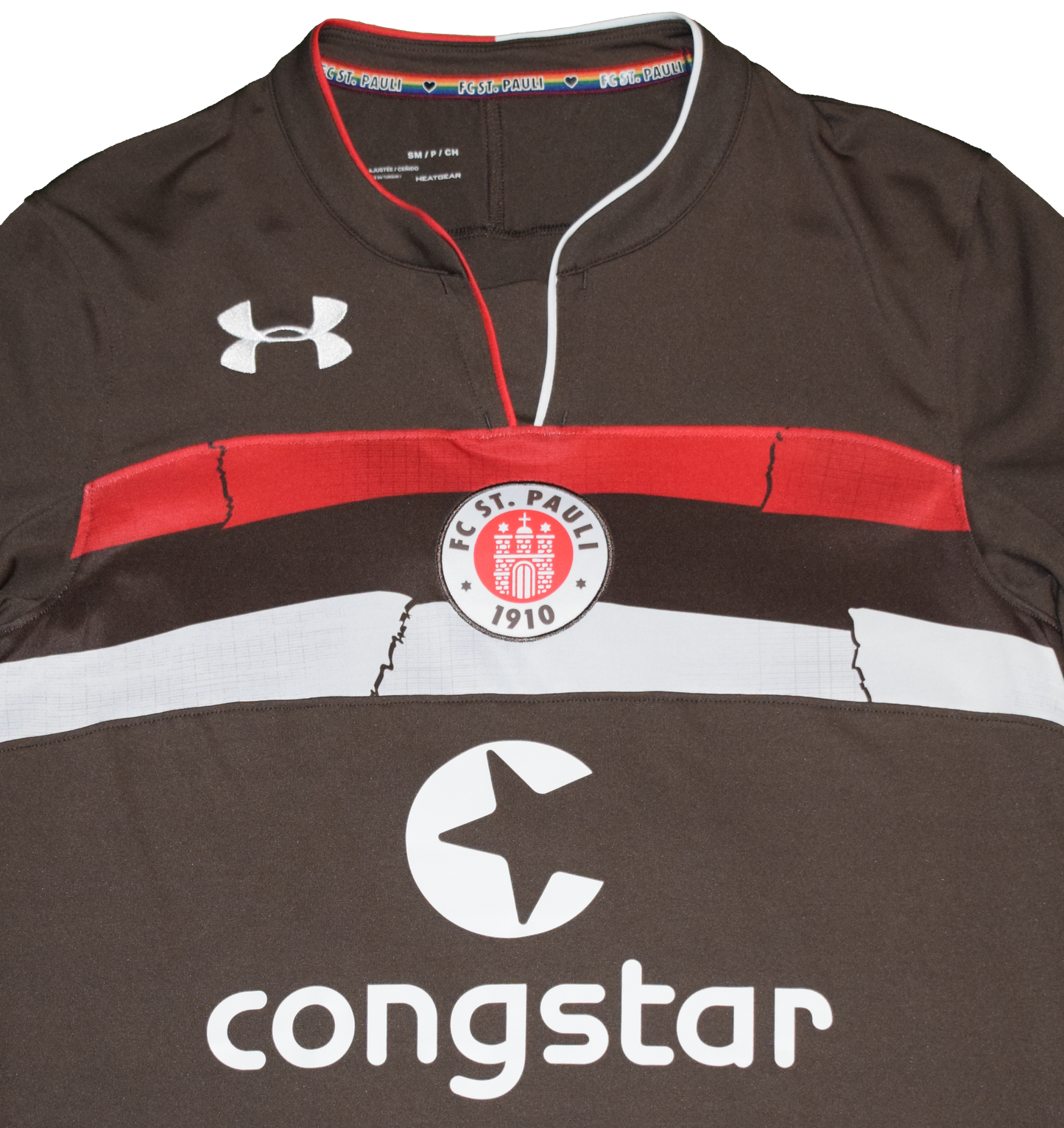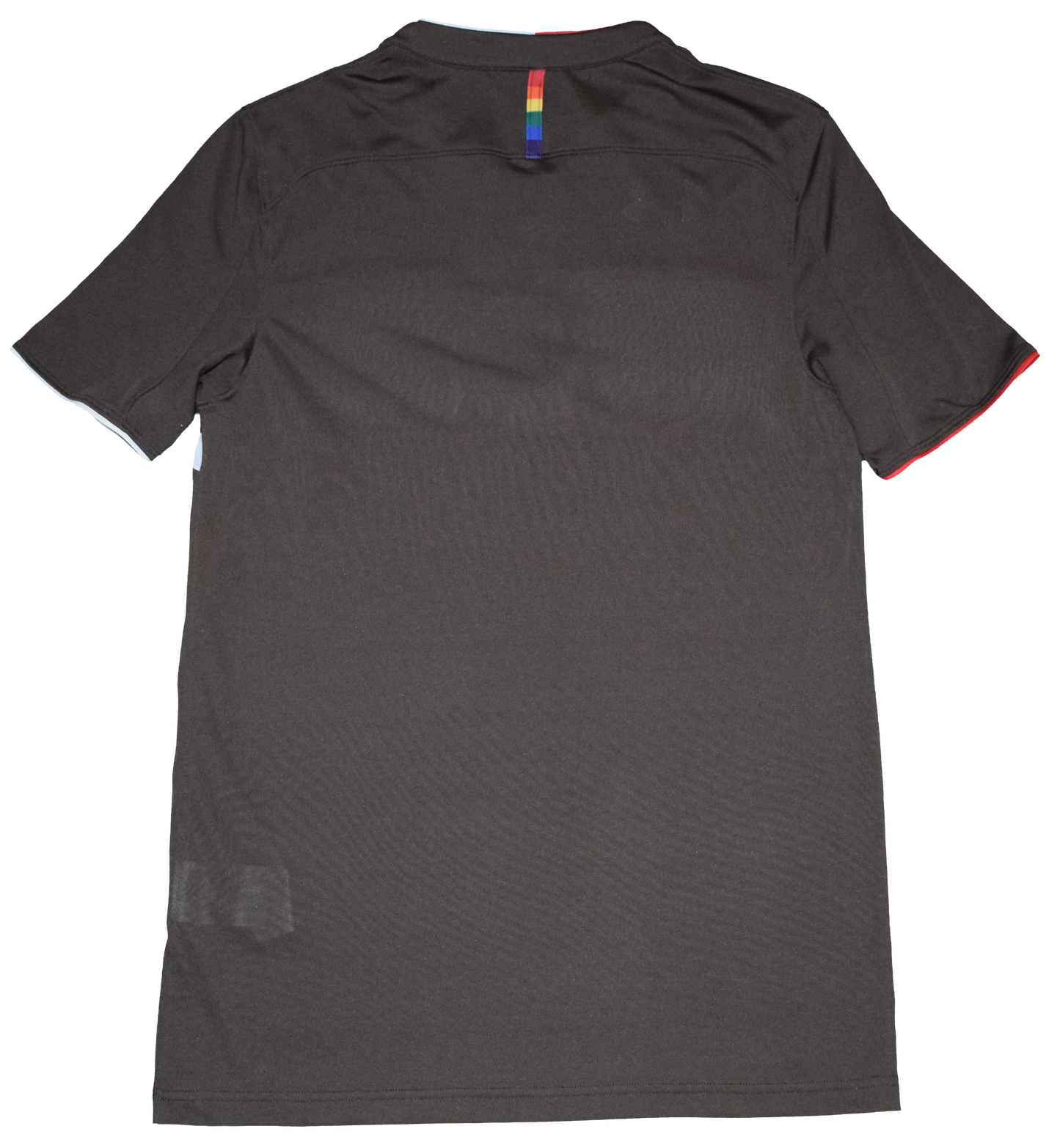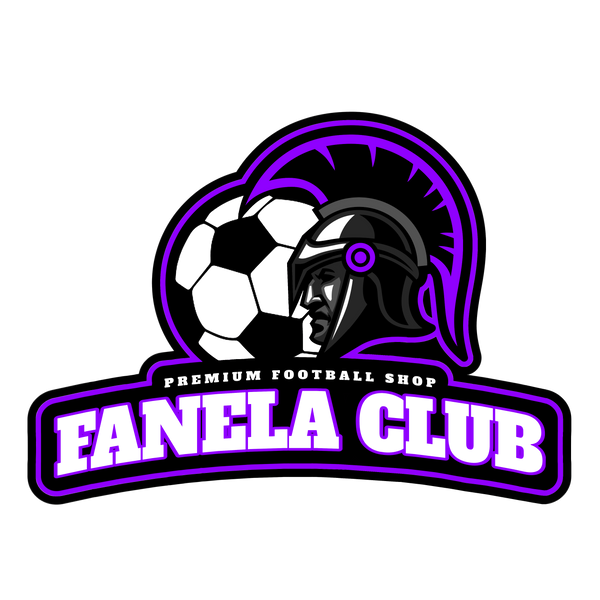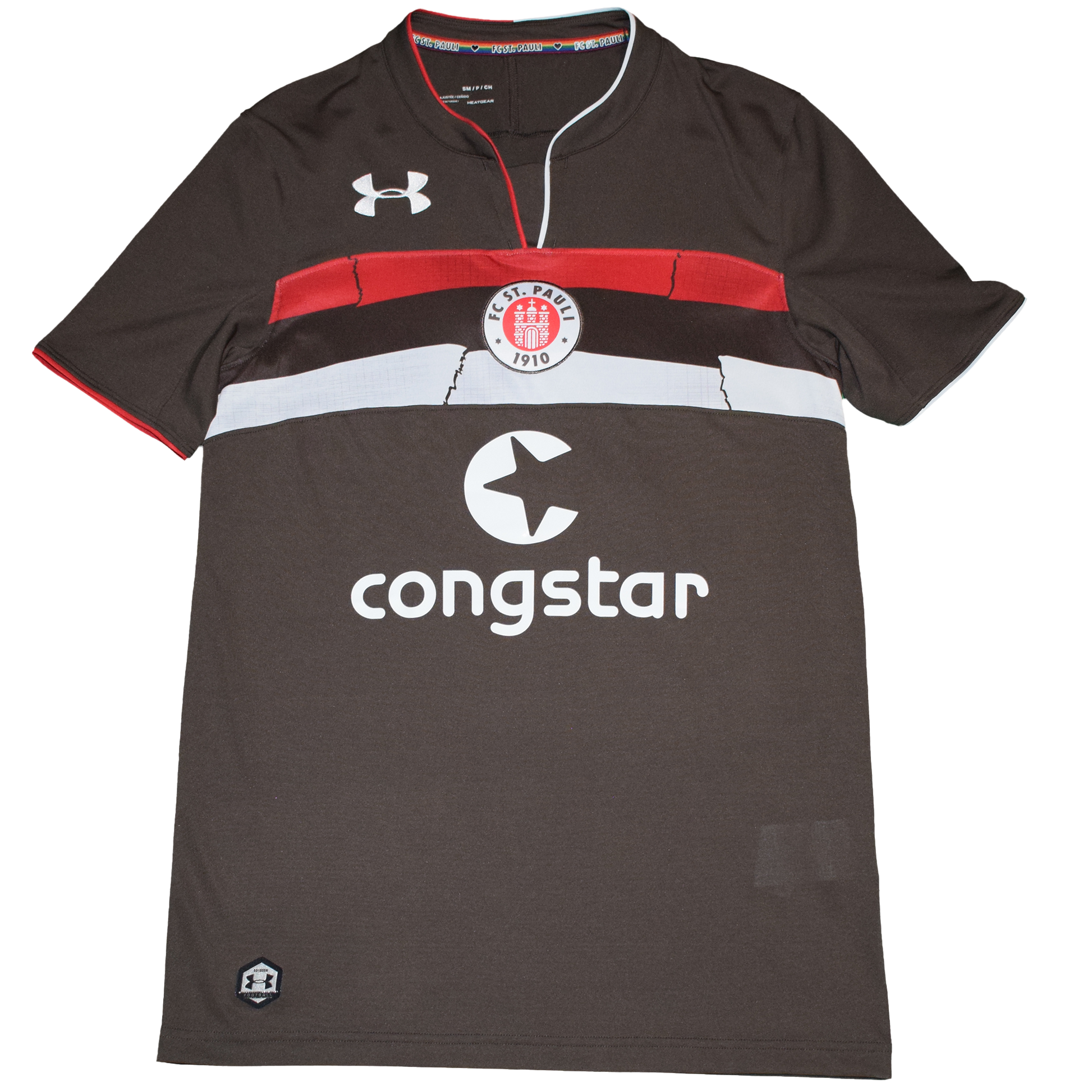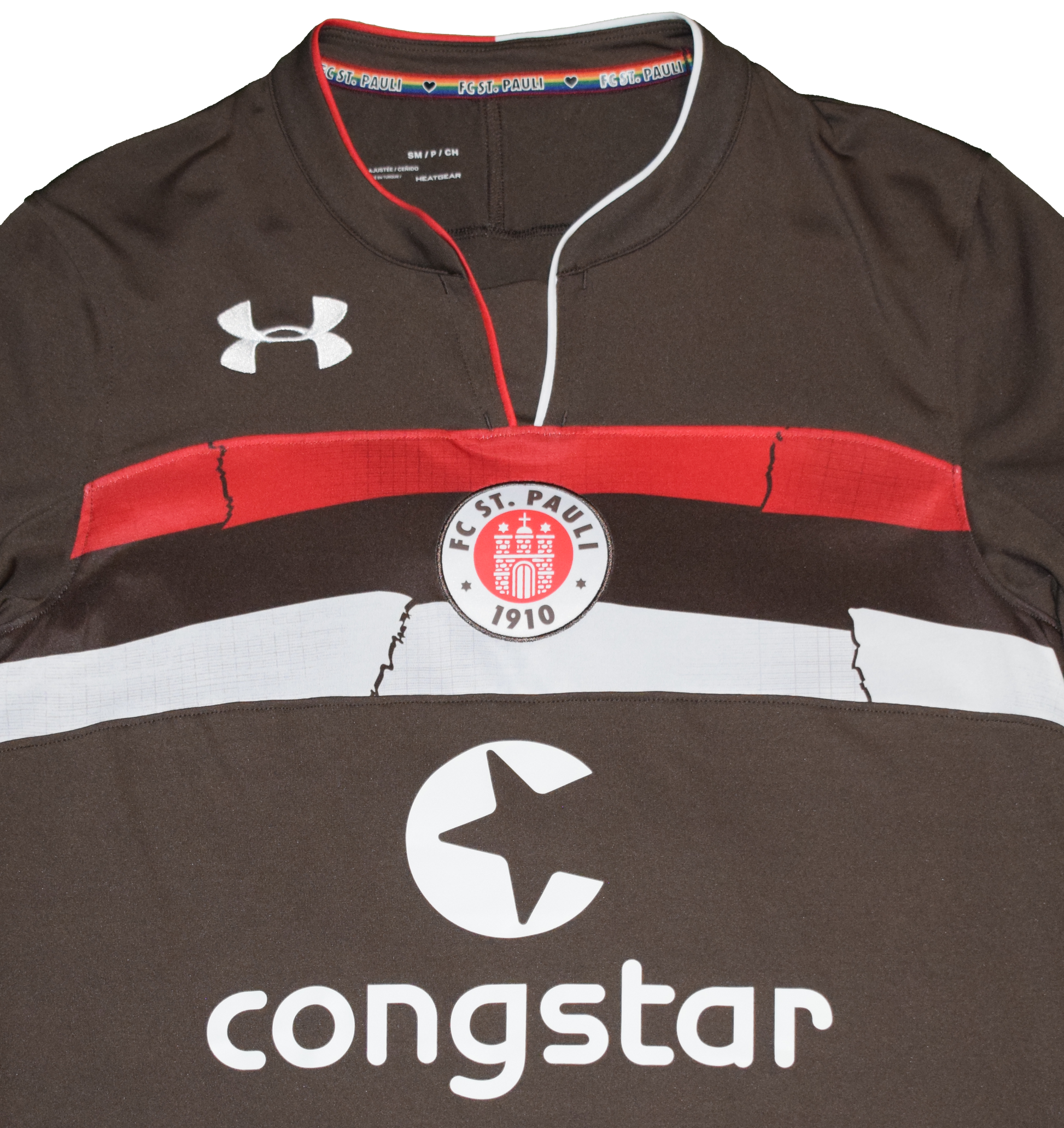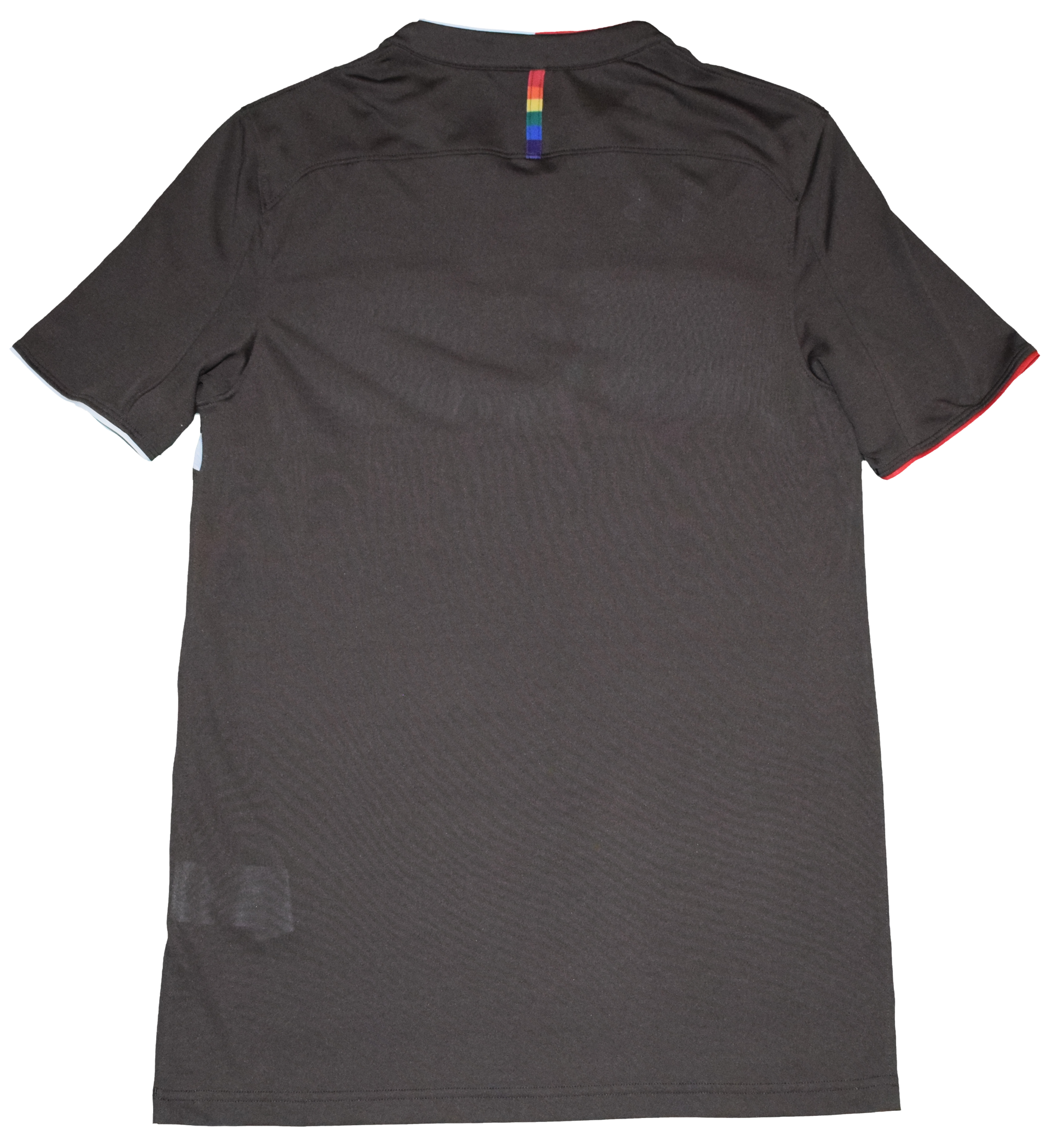1
/
of
3
Fanela Club
St. Pauli 2018/19 Home kit Small
St. Pauli 2018/19 Home kit Small
Regular price
€62,99 EUR
Regular price
Sale price
€62,99 EUR
Unit price
/
per
Tax included.
Couldn't load pickup availability
Condition: ★★★★★
Manufactured by Under Armour this kit is in excellent condition and a size Small.
St. Pauli's 2018/19 season performance was quite eventful, as the club competed in both the 2. Bundesliga (the second tier of German football) and the DFB-Pokal (German Cup). Here's a breakdown of their performance in each competition:
2. Bundesliga (2018/19)
St. Pauli had a roller-coaster season in the 2. Bundesliga, starting strong but ultimately finishing mid-table.
- Final League Position: 9th place
- Total Points: 49 points
Top Scorer:
-
- Dimitris Diamantakos
DFB-Pokal (2018/19)
St. Pauli had a short-lived run in the DFB-Pokal.
- Round Reached: Second Round
- First Round: St. Pauli defeated SV Wehen Wiesbaden 3-2 after extra time.
- Second Round: They were knocked out by SC Paderborn, losing 2-1.
St. Pauli is one of the most unique and culturally significant football clubs in the world, known for its fan culture, activism, and alternative ethos. Here are some interesting facts about the club:
1. Anti-Fascist and Left-Wing Identity
- St. Pauli's fanbase is famously left-wing, anti-fascist, anti-racist, and anti-sexist. The club's culture promotes inclusivity, social justice, and progressive values.
- The club officially adopted these values in the late 1980s, as the fan base began to distance itself from the rise of hooliganism and far-right extremism often seen in football at the time.
- The stadium is covered in banners supporting LGBTQ+ rights, refugee support, and other social causes.
2. The Skull and Crossbones Symbol
- The Jolly Roger (skull and crossbones) is the unofficial symbol of St. Pauli, giving the club a pirate-like rebellious image. This symbol was popularized by fans in the 1980s, and it has become a key part of the club’s identity, representing their outsider status and alternative culture.
- It is now seen on fan merchandise around the world, helping to expand the club’s global appeal.
3. A Cult Following Worldwide
- Despite playing in the 2. Bundesliga (Germany’s second division) for most of its history, St. Pauli has a huge international following. Fans around the world, particularly in Europe, support the club not just for its football but for its ethos and values.
- They often describe themselves as "football fans second, St. Pauli fans first," emphasizing their connection to the club's cultural and political identity.
4. The Millerntor Stadium
- Millerntor-Stadion is located in the St. Pauli district of Hamburg and has a capacity of around 29,500.
- The atmosphere at the stadium is unique, with a carnival-like atmosphere, including punk music, leftist slogans, and fan chants promoting solidarity and equality.
- Unlike many modern stadiums, it retains a strong sense of community, with much of the seating still standing terraces, a feature cherished by fans.
5. Environmental Initiatives
- St. Pauli is known for its commitment to environmental sustainability. The club has implemented a number of eco-friendly practices, including using green energy for the stadium and offices, reducing plastic waste, and promoting cycling to matches.
- They also initiated the “Viva con Agua” project, a charity dedicated to providing clean water and sanitation to communities in need.
6. Music and Punk Rock Connections
- St. Pauli has strong ties to the punk rock and alternative music scenes. Punk music is often played at Millerntor-Stadion before matches, and many famous punk bands like Die Toten Hosen are supporters of the club.
- The club’s connection to music culture is also reflected in its events and fan culture, often featuring live performances and festival-like atmospheres.
7. Community-Owned
- St. Pauli operates with a fan-owned, non-commercial ethos. It is run by a board elected by members, and fans play a significant role in decision-making. This structure allows the club to prioritize social values over financial gain.
- Unlike many professional clubs, St. Pauli's board has resisted the trend of selling out to wealthy investors, staying true to their working-class roots.
8. No Tolerance for Commercialism
- The club famously resists the over-commercialization of football. For example, St. Pauli banned advertising from companies that don’t align with their ethical values, including those associated with gambling or weapons.
- Their stance has earned them respect from fans worldwide, but it also limits their revenue compared to more corporate clubs.
